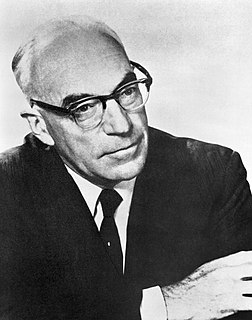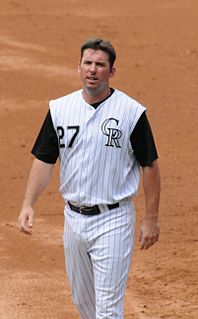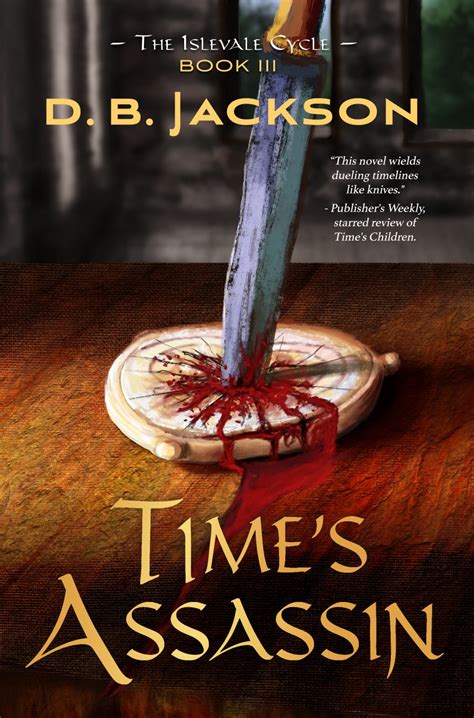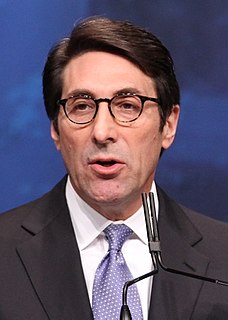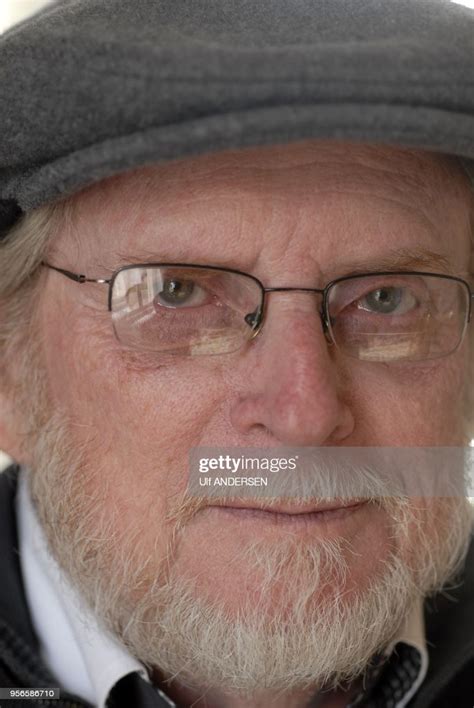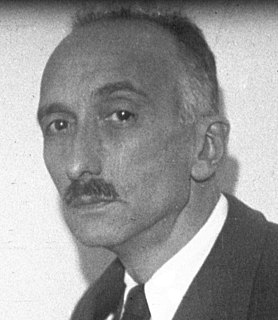A Quote by Jose Saramago
When I am occupied with a work that requires continuity - a novel, for example - I write every day.
Related Quotes
Most poor people are not on welfare. . . I know they work. I'm a witness. They catch the early bus. They work every day. They raise other people's children. They work every day. They clean the streets. They work every day. They drive vans with cabs. They work every day. They change beds you slept in these hotels last night and can't get a union contract. They work every day . . .
For me, there is nothing better than being able to work with my dad every day. But, I know that isn't God's plan for everyone. Fathers, trust God and be a great example for your sons. Even if I didn't work with my dad, the example he set in his personal and public life - as my dad and as a husband, a brother, and a son - is a major part of the reason I am who I am today. Inspire them, encourage them, and guide them. Do everything you can to instill the right values and a strong faith that can carry them through even the toughest times.
I write because I have an innate need to. I write because I can't do normal work. I write because I want to read books like the ones I write. I write because I am angry at everyone. I write because I love sitting in a room all day writing. I write because I can partake of real life only by changing it.
I always was interested in prose. As a teenager, I published short stories. And I always wanted to write the long short story, I wanted to write a novel. Now that I have attained, shall I say, a respectable age, and have had experiences, I feel much more interested in prose, in the novel. I feel that in a novel, for example, you can get in toothbrushes and all the paraphernalia that one finds in dally life, and I find this more difficult in poetry.
I don't impose political responsibilities on my fiction. The last thing I would ever want to do, for example, is write a novel that would appear to want to tell people what to think about the immigration debate, and I would never write a novel whose sole ambition was to give a "positive" view of immigrants. I'm for open borders, by the way - down with the nation state!



